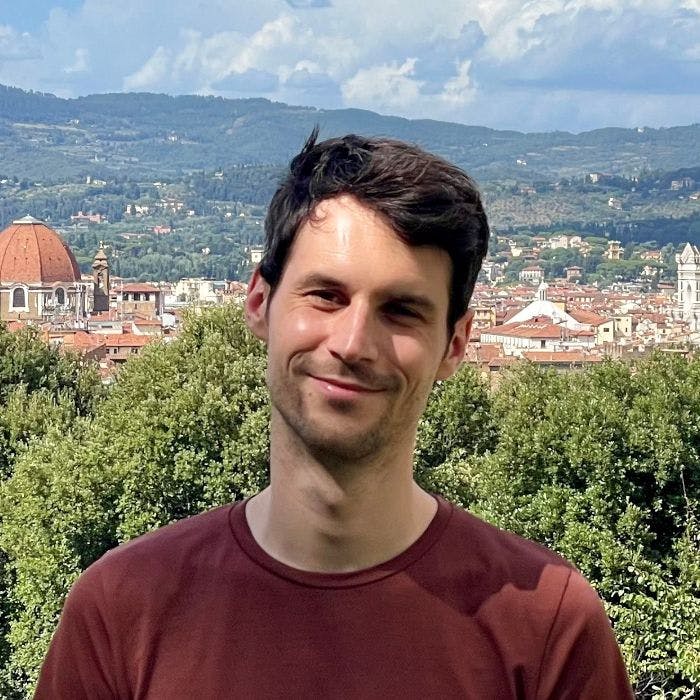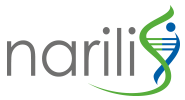NARILIS lunch seminar | Thibault HIRSCH, de Duve Institute, UCLouvain
- https://www.narilis.be/events/narilis-seminar-thibault-hirsch
- NARILIS lunch seminar | Thibault HIRSCH, de Duve Institute, UCLouvain
- 2024-05-17T12:45:00+02:00
- 2024-05-17T14:00:00+02:00
- When May 17, 2024 from 12:45 PM to 02:00 PM (Europe/Brussels / UTC200)
- Where UNamur, L12 auditorium
-
Add event to calendar
 iCal
iCal
We are pleased to invite you to a seminar given by
Dr. Thibault Hirsch
Postdoctoral researcher at de Duve Institute, UCLouvain
Research group of Pierre van der Bruggen | Immunity & Cancer


His seminar is entitled:
"Deciphering the roles of the transcription factor IRF4 in human CD8 T-cells and exhaustion"
The study of T-cell exhaustion has become a central area of investigation in cancer immunology. Human CD8 tumor infiltrating lymphocytes (TILs) with impaired effector functions and PD-1 expression are categorized as exhausted. However, exhaustion-like features reported in TILs might stem from their activation rather than the consequence of T-cell exhaustion itself. For instance, the markers associated with T-cell exhaustion, like PD-1 and TOX, have been observed in both exhausted and activated CD8 T-cells. These observations raise the question of whether tumor-infiltrating T lymphocytes (TILs) are exhausted, as often reported, or simply activated.Using CRISPR Cas9 and lentiviral overexpression in CD8 T-cells from healthy donors, our laboratory has demonstrated that TCR-induced expression of IRF4 promotes cell proliferation and PD-1 expression, while restraining T-cell effector functions and expression of NFκB-regulated genes. Another important part of our work is the unprecedented comparison of human TILs phenotype to activated T-cells in COVID-19 patients. By doing so, we carefully demonstrated that activated TILs with high PD-1 and TOX expression are exhausted, but the expression of PD-1, reduced IFNγ production, and increased cycling of exhausted TILs were all correlated to IRF4. Thus, our research provides clarity on aspects of T-cell exhaustion in human TILs and proposes that a portion of the dysfunction conventionally attributed to exhaustion results from the mere upregulation of IRF4 following T-cell activation.
Invited by Prof. Henri-François Renard, UNamur, URBC
 NAmur Research Institute for LIfe Sciences
NAmur Research Institute for LIfe Sciences

